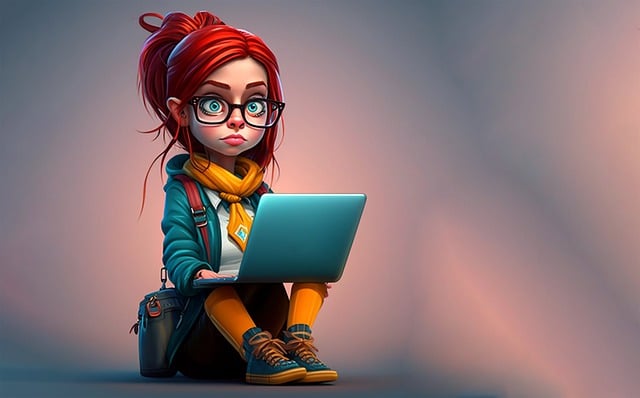Section 1: The Rise of AI Technology in Writing
In recent years, we have witnessed a significant rise in the use of Artificial Intelligence (AI) technology in various industries. From self-driving cars to virtual assistants, AI has permeated our daily lives in ways we could not have imagined a decade ago. However, one area that has seen a particularly transformative impact from AI technology is writing. With the development of advanced algorithms and natural language processing, AI is now capable of generating human-like text, raising questions about its influence on creativity. In this article, we will explore the growing role of AI technology in writing and its impact on the creative process.
Section 2: The Advancements in AI Writing Tools
Gone are the days when AI-generated text was limited to robotic and nonsensical phrases. Today, AI writing tools have evolved to produce coherent and engaging content that can rival that of human writers. These tools use deep learning algorithms to analyze vast amounts of data and generate text that is indistinguishable from that written by a human. They can also adapt to different writing styles and tones, making them versatile for various purposes. With the ability to produce high-quality content at a faster pace, AI writing tools have become a popular choice for businesses and individuals alike.
One of the most significant advancements in AI writing technology is the development of Generative Pre-trained Transformer (GPT) models. These models use machine learning to analyze and mimic human writing patterns, resulting in text that is almost indistinguishable from that written by a human. GPT models have been used to create everything from news articles to poetry, raising questions about the role of AI in the creative process. While some argue that AI-generated content lacks the depth and emotion of human writing, others believe that it opens up new possibilities for creativity.
Section 3: The Influence of AI on Creativity
The use of AI technology in writing has sparked debates about its impact on creativity. Some argue that relying on AI writing tools hinders the development of critical thinking and original ideas. They believe that the human element of writing, such as emotions and personal experiences, cannot be replicated by AI, leading to a lack of depth and authenticity in the content. On the other hand, proponents of AI in writing argue that it can enhance creativity by providing a new perspective and freeing up time for writers to focus on more complex tasks.
Moreover, AI technology has also enabled writers to explore new genres and styles of writing that were previously not possible. For instance, with the help of GPT models, writers can experiment with different writing styles and genres, such as science fiction or romance, without being limited by their own writing abilities. This has opened up new opportunities for writers to push the boundaries of their creativity and explore uncharted territories.
Another aspect to consider is the potential for collaboration between AI and human writers. With the help of AI writing tools, writers can now brainstorm and collaborate with a machine to develop ideas and refine their writing. This collaboration can lead to unique and innovative content that combines the strengths of both human and AI. It also allows for a more efficient and streamlined writing process, as AI can assist with tasks such as research and editing, freeing up time for writers to focus on the creative aspect of writing.
Section 4: The Future of AI in Writing
The use of AI technology in writing is still in its early stages, and its full potential is yet to be realized. As AI continues to evolve and improve, we can expect to see even more significant advancements in the field of writing. For instance, AI could be used to personalize content for individual readers, taking into account their preferences and interests. It could also assist in the translation of text, making it easier for writers to reach a global audience.
However, with the rise of AI in writing, there are also concerns about the potential loss of jobs for human writers. While AI writing tools can assist with certain tasks, they cannot replace the creativity and emotional depth that human writers bring to their work. Therefore, it is essential to find a balance between the use of AI and human writers to ensure the preservation of creativity in writing.
In conclusion, the influence of AI technology on creativity in writing is a complex and ongoing debate. While some may view it as a threat to the traditional writing process, others see it as a tool to enhance and expand creativity. As AI continues to evolve, it is crucial to embrace its potential while also preserving the human element of writing. With the right balance, AI can transform writing into a more efficient, innovative, and collaborative process.











